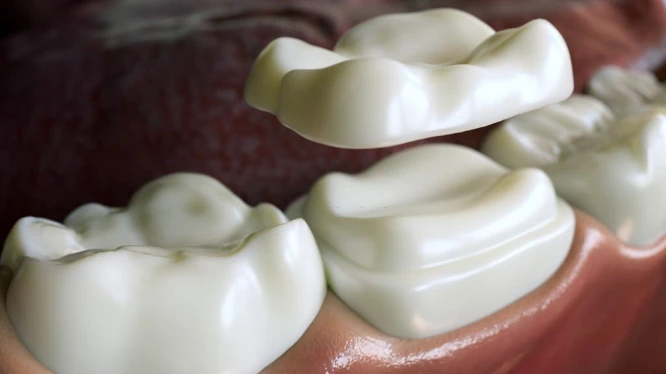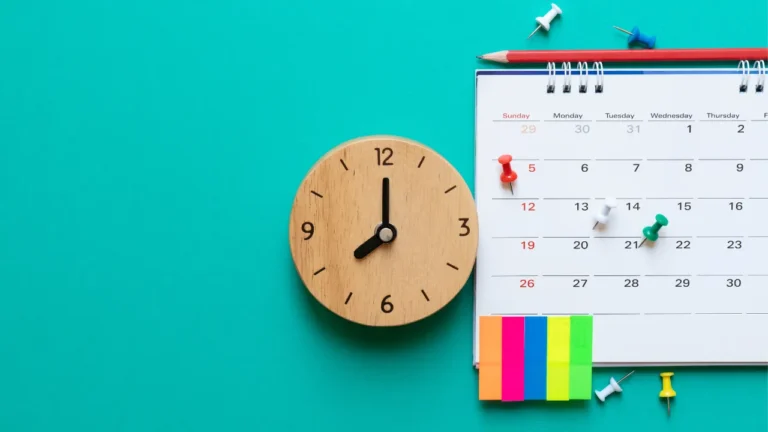The lifespan of dental crowns can vary depending on several factors such as the material used, the location of the crown in the mouth, and the wearer’s oral hygiene habits.
Generally, dental crowns can last anywhere from 5 to 15 years or even longer with proper care.
Dental crowns are a common dental procedure used to restore damaged or decayed teeth.
They are designed to look and function like natural teeth.
The Lifespan Of Dental Crowns
The average lifespan of dental crowns is around 10-15 years, but this can vary depending on several factors.Some of the factors that impact the longevity of dental crowns include:
- Oral Hygiene: Maintaining good oral hygiene is essential for the longevity of dental crowns. Poor oral hygiene can lead to decay and gum disease, which can compromise the integrity of the crown and reduce its lifespan. Brushing twice a day, flossing daily, and regular dental checkups can help prevent these issues and ensure the crown lasts as long as possible.
- Diet: The foods and beverages we consume can also impact the lifespan of dental crowns. Sugary and acidic foods and drinks can erode the crown and weaken the underlying tooth structure. Patients should try to avoid these types of foods and drinks and opt for healthier options like fruits, vegetables, and water.
- Habits: Habits like teeth grinding, nail-biting, and using teeth to open packages can put excessive pressure on the crown and cause it to wear down or crack. Patients should try to avoid these habits and wear a mouthguard at night if they grind their teeth.
Factors That Affect The Lifespan Of Dental Crowns
- Oral Hygiene: As mentioned earlier, maintaining good oral hygiene is crucial for the longevity of dental crowns. Patients should brush their teeth twice a day with fluoride toothpaste and floss daily to remove plaque and bacteria that can cause decay or gum disease. Regular dental checkups and cleanings can also help prevent these issues and detect any problems with the crown early on.
- Diet: A balanced and healthy diet can help prolong the lifespan of dental crowns. Patients should avoid sugary and acidic foods and drinks that can erode the crown and weaken the underlying tooth structure. Foods high in calcium and vitamin D can help strengthen teeth and promote good oral health.
- Habits: Habits like teeth grinding, nail-biting, and using teeth to open packages can put excessive pressure on the crown and cause it to wear down or crack.
Patients should try to avoid these habits and wear a mouthguard at night if they grind their teeth.
If a patient has a habit of clenching their jaw, they may need to speak with their dentist about a night guard to protect their teeth and the crown.
Signs That Your Dental Crown May Need Replacing
Even with proper care and maintenance, dental crowns may need to be replaced at some point. Some of the common signs that a dental crown may need replacing include:
- Sensitivity or pain in the tooth
- Discoloration or chipping of the crown
- Loose or wobbly crown
- A change in the way the crown feels or fits
If a patient notices any of these signs, they should schedule an appointment with their dentist to have the crown examined and potentially replaced.
Take away
Dental crowns can last for 10-15 years or longer with proper care and maintenance.
Factors like oral hygiene, diet, and habits can impact the longevity of the crown, so patients should make a conscious effort to take care of their teeth and the crown.





